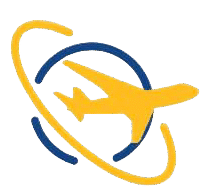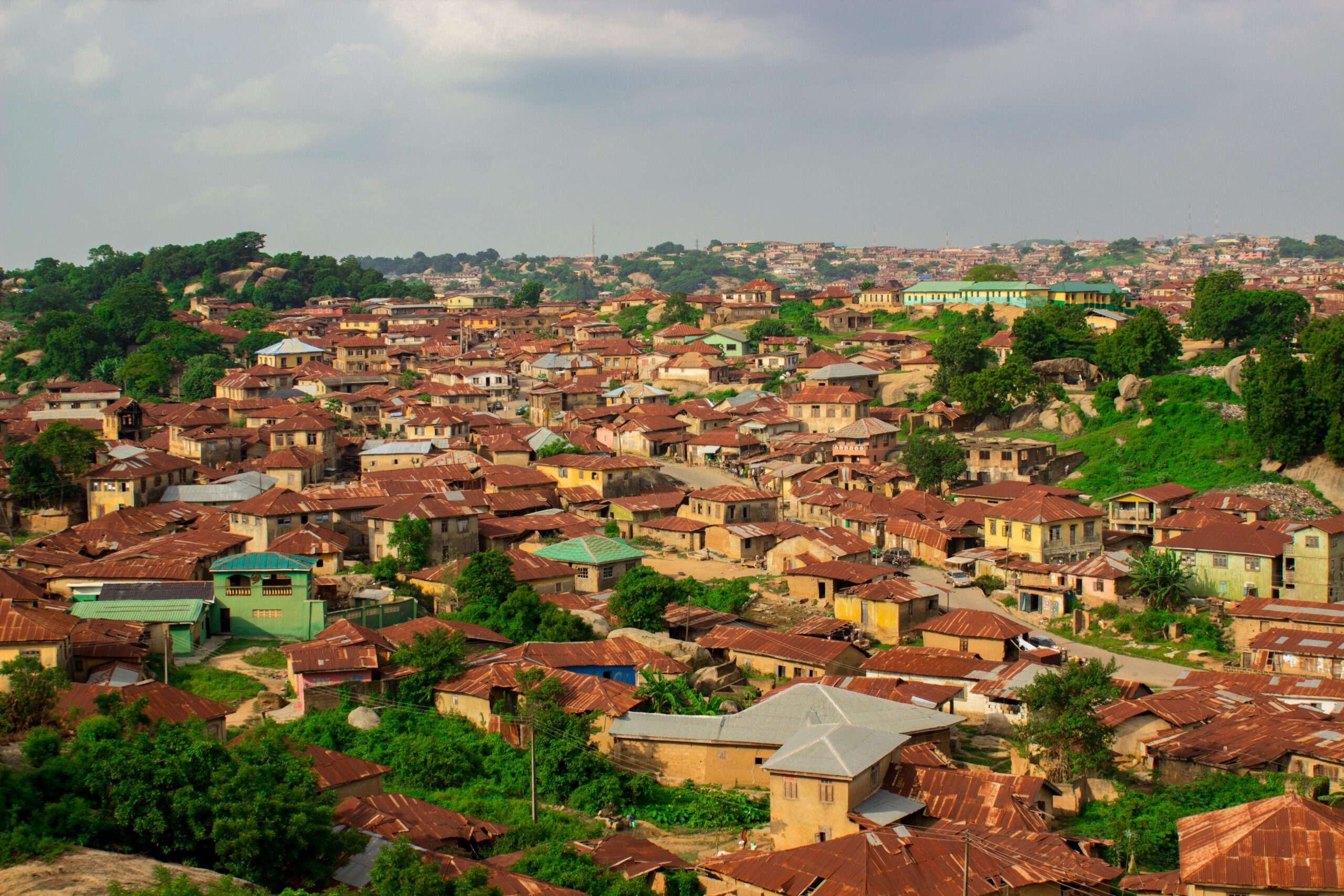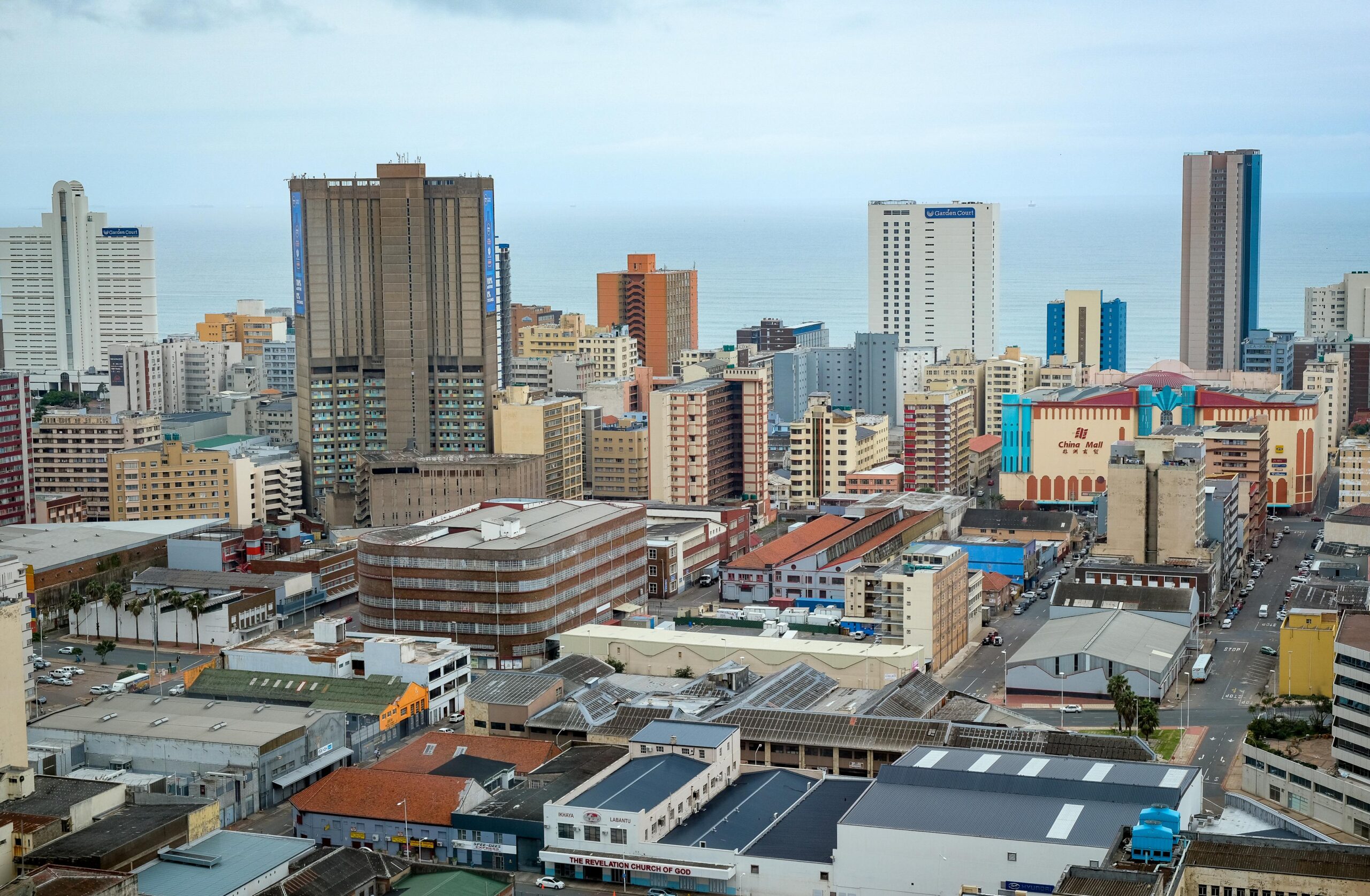
Savings worldwide
Book Now
50% Off
For Your First Book
General
A: We handle a wide range of visa categories, including:
Tourist visas – for leisure travel, vacations, or sightseeing abroad.
Student visas – for individuals pursuing education or training in another country.
Business visas – for attending meetings, conferences, or handling corporate matters overseas.
Family visas – for reuniting or joining loved ones living abroad.
Medical visas – for those traveling to receive specialized healthcare or treatment internationally.
A: Absolutely! We guide students through every step of their university application process, from choosing the right institution and course to preparing and submitting applications. We also provide visa counseling, ensuring you understand the requirements, gather the right documents, and submit a strong application. Our goal is to make your study-abroad journey smooth, stress-free, and successful.
A: Requirements vary depending on your visa type and destination, but most applications typically include:
Valid passport (with blank pages and required validity period)
Passport-sized photos (meeting embassy specifications)
Proof of funds (bank statements, sponsorship letters, or financial guarantees)
Travel itinerary (flight bookings, accommodation details, or trip plan)
Additional supporting documents specific to your visa category
A: Processing times can vary widely depending on the visa type and the destination country. Here is a general guideline for some popular destinations:
UK and Canada: Typically, visa processing takes between 2 to 6 weeks, depending on the specific visa category and time of year.
UAE: Visa applications are usually processed faster, often within 3 to 7 working days, making it a popular choice for quick travel plans.
Schengen Countries: Applications for countries in the Schengen Area generally take around 2 to 4 weeks to process.
Please note that these are estimated timelines and can be affected by factors such as embassy workload, seasonal demand, or requests for additional documentation. To help you avoid unnecessary delays, we recommend starting your visa application well in advance, and our team will guide you through every step to ensure timely submission.
A: No, we proudly serve clients both across Nigeria and internationally. Whether you’re located in Lagos, Abuja, or anywhere else in the world, we can provide comprehensive support remotely. From assisting with application processes and document preparation to offering expert consultations, our team is equipped to help you no matter where you are. Distance is never a barrier when it comes to delivering quality service and personalized guidance.
A: Absolutely. We pride ourselves on offering competitive and transparent pricing with no hidden fees or unexpected costs. Before you commit, we provide a clear breakdown of all charges involved so you know exactly what you’re paying for. This transparency allows you to plan your budget confidently and ensures there are no surprises throughout the application process. Additionally, our pricing reflects the quality and personalized support you’ll receive every step of the way.
A: Cancellation and refund options depend on the specific service you have purchased. Some services allow cancellation within a certain timeframe, while others may be non-refundable once processing has begun. Eligibility for a refund also varies based on factors such as how far along your application is, the type of service, and any third-party fees already incurred. We encourage you to carefully review our Refund Policy, which outlines the conditions under which cancellations and refunds are possible, the required notice periods, and the step-by-step process to request a refund. If you need assistance or have questions about your specific case, our support team is ready to help guide you through the process.
Travel Tips
A: For the most affordable fares, book international flights at least 2–3 months in advance and domestic flights 4–6 weeks ahead. Airlines often release their best deals during mid-week (Tuesdays or Wednesdays) and outside peak holiday seasons. Avoid last-minute bookings, as prices usually increase significantly within the final two weeks before departure. If your dates are flexible, use fare comparison tools and track price alerts to secure the lowest rates.
A: For international flights, arrive at the airport no later than 3 hours before departure to allow enough time for check-in, immigration, baggage drop, and security checks. For domestic flights, 1.5–2 hours is usually enough. Factor in additional time if traveling during peak hours, holiday seasons, or if you’re unfamiliar with the airport. Arriving early reduces stress and gives you time to handle unexpected delays, such as long security lines or document checks.
A: Always store your passport, visa, travel insurance, and other essential documents in a secure travel wallet or neck pouch that you can keep on your person. Make digital copies and store them in secure cloud storage or email them to yourself, so they’re accessible if your originals are lost or stolen. Avoid leaving documents in checked luggage or unattended hotel rooms. When possible, use hotel safes or locked bags for extra security.
A: Start by checking your airline’s baggage allowance well in advance—different carriers have varying weight and size restrictions. Weigh your luggage at home before heading to the airport. Pack smart by rolling clothes, using compression bags, and wearing heavier clothing items on the flight. Remove non-essential items and toiletries you can buy at your destination. For frequent travelers, consider investing in a lightweight suitcase to maximize your allowance.
A: Maintain your well-being by staying hydrated, eating balanced meals, and getting adequate rest—especially when adjusting to a new time zone. If traveling internationally, research your destination’s vaccination requirements and health advisories ahead of time. Pack a small first-aid kit with basic medicines, and keep any prescription medication in your carry-on with clearly labeled packaging. Practice good hygiene, wash your hands regularly, and avoid consuming unsafe tap water or street food in areas with known health risks.








